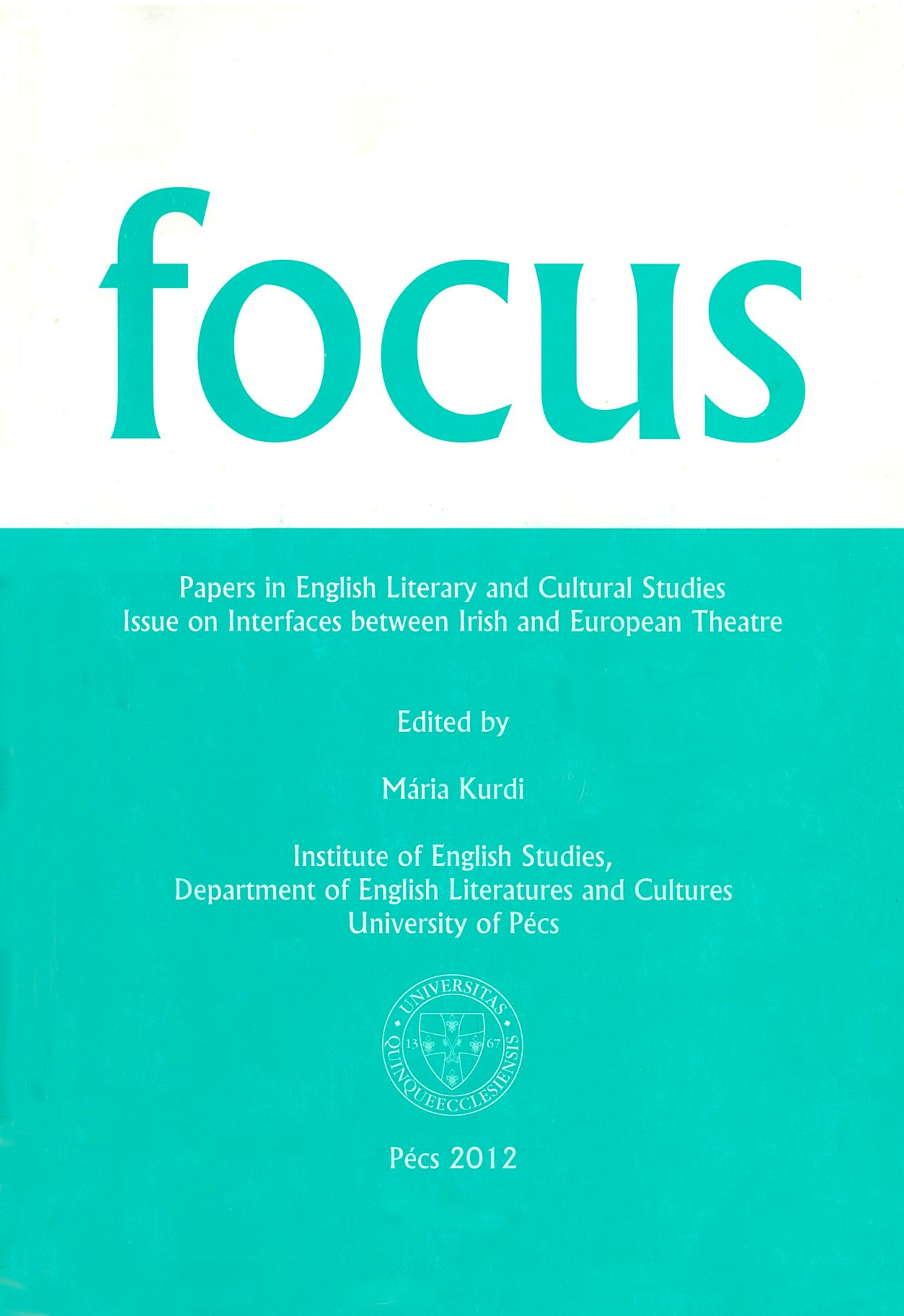Ireland, Drama, and Social Decline: G. B. Shaw’s Man and Superman
DOI:
https://doi.org/10.15170/Focus.8.2012.1.37-48Keywords:
George Bernard Shaw, drama, Ireland, socialismAbstract
Although one of the most influential playwrights of the early twentieth century, and certainly the dominant intellectual figure in London theatre up to the Second World War, George Bernard Shaw has never acquired the same canonical status in the repertoire of Irish drama that was afforded his contemporaries John Millington Synge and Sean O’Casey. The sheer enormity of Shaw’s output from the 1880s to his death in 1956 offers a partial explanation for this, dwarfing as it does the wellmeaning industrious efforts of those dedicated to the Literary Revival in Ireland from the 1890s. Shaw himself amplified the view that the movement from which the Abbey Theatre grew in 1904 was a provincial affair, of little consequence in the much wider social transformations that had given rise to socialism as the new radical political philosophy to which his work was dedicated.
Downloads
Published
How to Cite
Issue
Section
License

This work is licensed under a Creative Commons Attribution-NonCommercial-NoDerivatives 4.0 International License.
FOCUS: Papers in English Literary and Cultural Studies follows the principles laid down by Creative Commons, which provides guarantees for the Author’s copyright while also ensuring that intellectual properties are made available for the wider public in a digital form. All papers submitted to the journal apply the following licence conditions (indicated on the journal’s website as well as in individual publications):
“© This work is licensed under a Creative Commons Attribution-NonCommercial-NoDerivatives 4.0 International License.”
You are free to:
- Share, copy and redistribute the material included in the journal in any medium or format under the following terms:
- Attribution — You must give appropriate credit to the Author, and indicate the original place of publication [FOCUS: Papers in English Literary and Cultural Studies, Issue nr., page numbers.].
- NonCommercial — You may not use the material for commercial purposes.
- NoDerivatives — You are not allowed to remix, transform, or build upon the material.
- The above conditions must always be indicated if the journal material is distributed in any form.
- The above conditions must always be met, unless a written permission signed by the Author and the Editor-in-Chief states otherwise.

